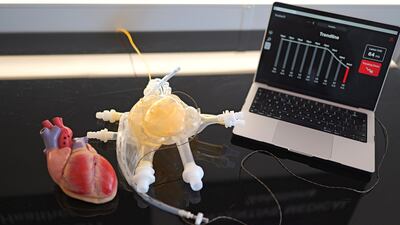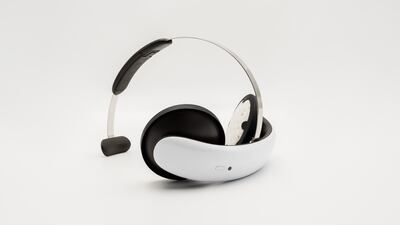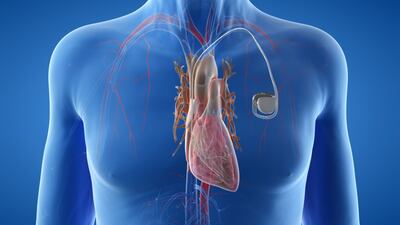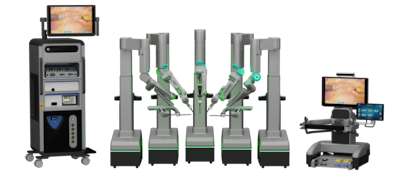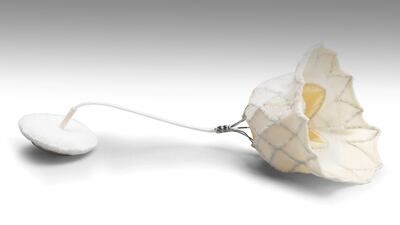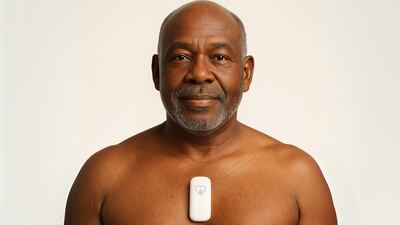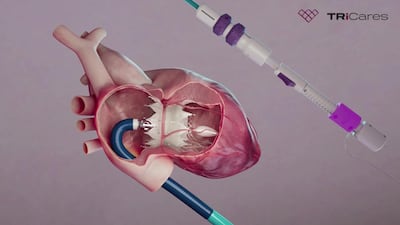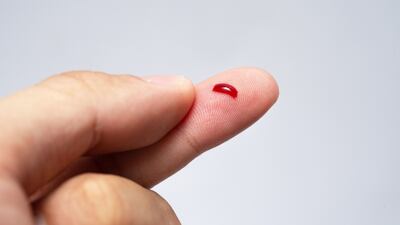
Clinical Trials
Broad participation by EU member states in a new pilot to test a unified procedure for evaluating applications for combined drug and IVD studies shows they recognize its value, says Monique Al, vice-chair of the Clinical Trials Coordination Group.
Dexcom’s CEO Kevin Sayer discusses this fall’s planned launch of the 15-day G7 CGM, downplays Abbott’s dual-sensor while focusing on development of multi-analyte G8, making OTC Stelo app more “consumerish” for Europeans, and more.
As the EU tests the feasibility of a radical “all-in-one” procedure for combined drug and IVD studies, sponsors are being urged to approach this novel framework with flexibility and openness.
Medtronic, Tandem and Beta Bionics are gearing up to bring tubeless patch pumps to market, chasing Insulet’s Omnipod 5, the only FDA-cleared patch pump for type 1 and type 2 diabetes. Analysts expect tubeless models to eventually displace durable pumps.
Leaders of robotic systems companies Distalmotion, Neocis and Noah Medical discussed success metrics, competition and funding. Institutional investors are focusing on utilization, procedure rates and a clear path to profitability as the IPO window reopens, BTIG analyst Ryan Zimmerman said.
Fallouh Healthcare has received £305,050 in grant funding from Innovate UK as part of the European Union’s Eureka Eurostars program. The company aims to detect cardiac tamponade, a condition that affects patients after heart surgery. Currently, there is no way to accurately diagnose the condition.
Flow Neuroscience's neuromodulation headset for the treatment of depression is approved and marketed in the EU. However, two years on, the company is still waiting for US FDA approval despite being assigned breakthrough device designation.
The EU is testing a groundbreaking “all-in-one” process for reviewing combined drug and diagnostic trials via a single application for coordinated assessment.
The Development Bank of Wales and London-based Parkwalk Advisors led an investment round of £5m, almost doubling Ceryx Medical's total investment to date.
SS Innovations reported its first SSi Mantra 3 robotic cardiac surgery in South America as it prepares to file for US FDA de novo clearance and a CE mark. The firm aims to challenge Intuitive Surgical with a lower-cost, flexible system targeting US and European markets.
The new AI Precision Medicine platform supports the company’s flagship product, EvoLiver, which received US FDA breakthrough device designation in April.
Experts at the Prix Galien UK Forum discussed the future of mental health innovation, emphasizing the important roles of digital solutions, diagnostic biomarkers and community involvement.
In this week's Digital Health Roundup, MedTech Insight's Shubham Singh explores how Ketryx's launch of validated AI agents could reshape compliance automation in medtech. Marion Webb highlights news from BCI makers Synchron, Axoft and Subsense. Elizabeth Orr discusses AI advances at the FDA.
Guardant Health’s methylation-based blood test – Shield MCD – showed a specificity of 98.6% and sensitivity of 75% across eight cancer types in its clinical validation data presented at ASCO.
Abbott received the US FDA nod for its Tendyne system, offering a minimally invasive alternative to replace the valves of patients with severe mitral valve disease who are at risk for open-heart surgery.
Cardiosense has launched a nationwide clinical study, SEISMIC-HF II, to validate its non-invasive, AI-powered technology for monitoring heart failure. The data will be used to file for US regulatory clearance of the Cardiosense heart failure monitoring platform.
Roche aims to grow its diagnostics sales by mid to high single digits, said CEO of Roche Diagnostics Matt Sause. The company unveiled the Axelios synthesis and sequencing solution and discussed its “long-term commitment” to China, as well as its business strategy for the next five years.
Medtech Insight spoke with Hubert Martens, CEO of Netherlands-based neuromodulation company Salvia Bioelectronics, about the company’s innovative implant for treating chronic migraines, ongoing clinical trials and plans for US clinical trials and commercialization.
TRiCares presented data from the first-in-human study for its tricuspid valve replacement system – Topaz – at EuroPCR 2025 on 22 May.
A study from Babson Diagnostics published in the peer-reviewed Journal of Applied Laboratory Medicine showed that capillary blood sample volume issues can overcome historical challenges, such as poor quality, through a technique called assay miniaturization.





